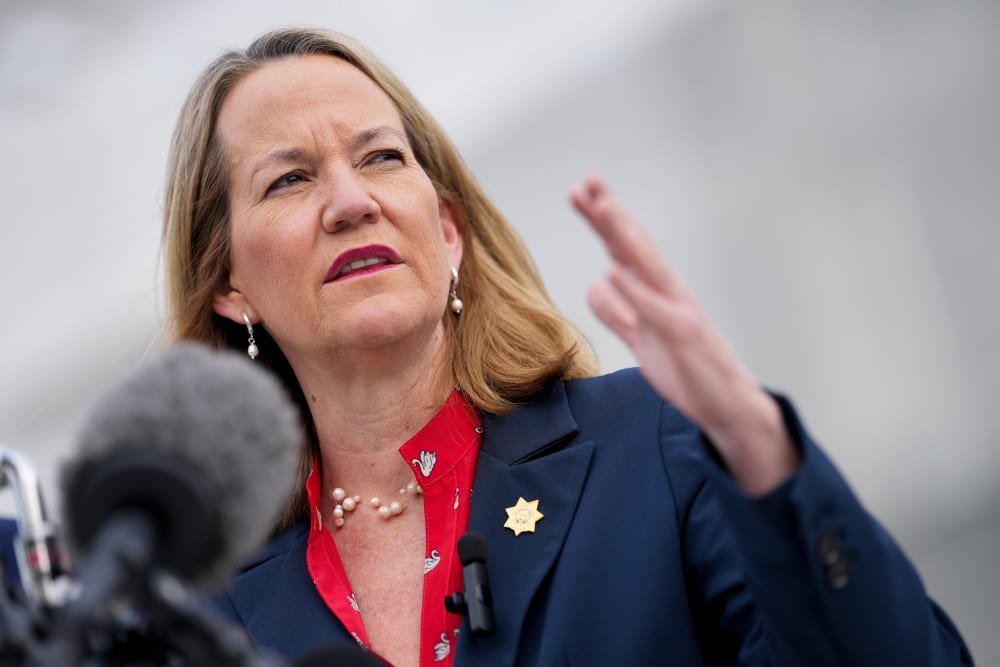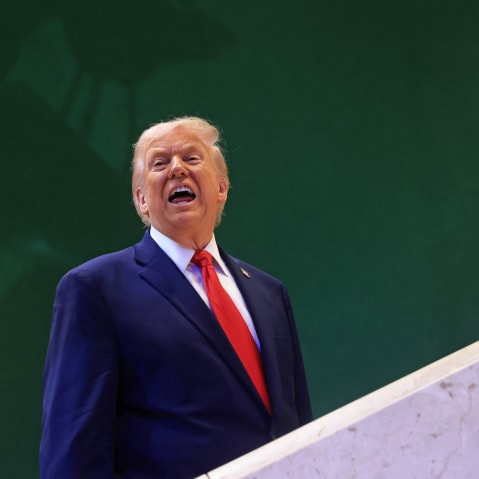
The shooting of Alex Pretti
Minnesota officials say federal law enforcement agents shot and killed a 37-year-old man named Alex Jeffrey Pretti on Saturday in Minneapolis. These three videos verified by MS NOW provide different angles of the moments leading up to and during the fatal encounter.



WARNING: These videos are graphic and disturbing






MS NOW OPINION
Understand Today’s News

Impeaching Trump now would be a mistake
Austin Sarat
Like this content? Follow our rundown delivered daily right to your inbox
Shows
Know Your Value
Latest from MS NOW
Maddowblog
Friday’s Mini-Report, 1.23.26
Deadline: Legal Blog





























































